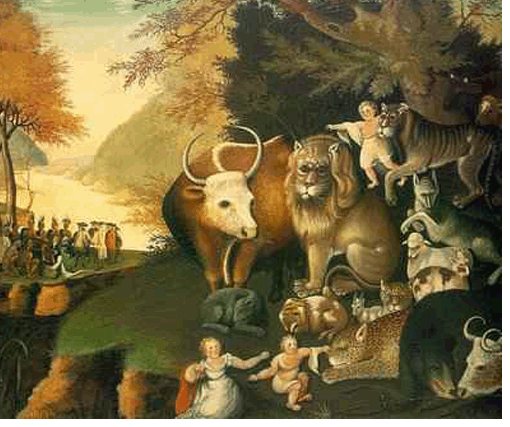Join us in spreading the word about animal welfare.
The Words to S.P.A.R.E. Program is aimed at educating people about anything animal welfare related.
Whether you're an individual who would like to contribute your work to our Articles section, or a publication interested in covering animal related topics, please contact us.

More about
Rev Andrew Linzey
|
|
 Brute creatures and the Passion
Brute creatures and the Passion
by Andrew Linzey
Christian theology has compelling arguments requiring us to protect animals from suffering
“That’s an emotional subject” was the reaction from a colleague at Oxford when the issue of animals was raised. By emotional he meant not only that the subject arouses strong passions but also that there was no rational basis for concerning oneself with our treatment of animals. My research has led me to the entirely opposite conclusion. In rational terms, the case for animals is much stronger than many suppose — and Christian theology in particular provides one compelling argument.
Ironically, the strength of the case can be best approached by re-examining the differences between humans and animals. That there are differences both between and among different species is obvious, but some, it is claimed, make human suffering self-evidently more important. The chief ones are: animals are naturally subject to us either by nature or divine providence; they are non-rational, have no language, are not moral agents, have no soul, and, unlike humans, are not made in the image of God.
Let us accept, for the sake of argument, that these differences are true. Given that we know that mammals (at least) are all capable of suffering, the question is: do any of these differences make animal suffering less deserving of moral solicitude?
Well, it is difficult to see how any of them pass muster. Because God or nature has made animals subject to our power cannot justify unjust treatment unless one believes that God is unjust, or that power is its own justification. The absence of a language or moral agency cannot justify indifference to their suffering unless we take the same view of infants. Similarly, the absence of an immortal soul means that we should surely show more care to those whose misfortunes are not to be recompensed by heavenly bliss. Being made in the image of God who is holy, loving and just is hardly grounds for tyrannical treatment.
The only morally relevant difference might be rationality, in so far as it enables anticipation of further suffering. Perhaps some animals are spared anticipation of death. But even if this exception is allowed, it is not clear that the suffering of the non-rational is generally or always less significant.
Consider, for example, the suffering of a primate in captivity. Unlike humans who can understand the reasons for their captivity, this creature cannot rationalise his predicament. Rather he experiences the raw terror of imprisonment without any softening of the experience due to intellectual comprehension. And, since an animal’s very life depends on the acuity of its senses, the denial of liberty to a free-ranging creature constitutes a severe deprivation.
Reconfigured, what these differences do reveal is a set of considerations that make concern for animal suffering rationally compelling: they can’t represent or vocalise their case, they cannot give or withhold consent, they cannot comprehend, they are morally innocent or blameless, and most of all, they are largely defenceless.
To understand the significance of these considerations, one need only ask what compels our strong response to the suffering of children. The reasons are surely that they are innocent, unable to represent themselves and utterly in our power. In other words, the rational case for children logically includes animals as well.
But why should the suffering of innocent, undefended creatures be theologically significant? The answer is given in a sermon by John Henry Newman in 1842. Preaching on the text from Isaiah 53, 7, which compares the Messiah to “a lamb that is led to the slaughter”, Newman says that since scripture compares Christ to this “inoffensive and unprotected animal” so we may “without presumption or irreverence take that image as a means of conveying to our minds those feelings which our Lord’s suffering should excite within us”.
Narrating examples of suffering, Newman exclaims: “For what was this but the very cruelty inflicted on our Lord?” With that question he posits the moral equivalence between the suffering of animals and the suffering of Christ himself. He concludes: “Think, then, my brethren, of your feelings at cruelty practised on brute animals, and you will gain one feeling which the history of Christ’s Cross and Passion ought to excite within you.”
Although Newman elsewhere seems to endorse the usual Christian position of animals, his view here is unmistakable: the innocence of the suffering of animals is Christ-like. Those who are sensitised to the sufferings of the Crucified ought be sensitive to the suffering of all innocent, vulnerable beings. Newman, of his genius, thus provides the christological basis for sensitivity to all innocent suffering, both human and animal.
The Rev Professor Andrew Linzey is Director of the Oxford Centre for Animal Ethics and author of Why Animal Suffering Matters (OUP £16.99)
|
|